Ethiopia
Ethiopia's largest bank, the Commercial Bank of Ethiopia, announced Monday that it had resumed financial operations in some towns in the troubled Tigray region after a shutdown of more than a year.
"Following the recent peace agreement, the branches we have in the towns of Shire, Alamata and Korem have started receiving money sent from abroad and locally. And they have also received money on deposit," the bank said in a statement.
The bank said it was "continuing its efforts to expand (its) services and gradually resume operations in all branches.
The government and rebels signed an agreement in Pretoria on November 2 that included a cessation of hostilities, the withdrawal and disarmament of tiger forces, the restoration of federal authority in Tigray and the reopening of access to the region, which is in a catastrophic humanitarian situation.
On December 7, tiger authorities confirmed that Mekele, the capital of Tigray region, had been reconnected to the national power grid after more than a year of being cut off due to the war in the northern region of Ethiopia.
The northernmost region of Ethiopia, home to six million people, has been virtually cut off from the world since the start of a conflict between the federal government led by Prime Minister Abiy Ahmed and the regional authorities of the Tigray People's Liberation Front (TPLF).
It had been deprived of many basic services (electricity, telecommunications, banks, fuel, etc.) for more than a year.
The fighting began in November 2020, when Abiy Ahmed sent the federal army to arrest the region's leaders, who had been challenging his authority for months and whom he accused of attacking federal military bases.
In a question-and-answer session with MPs on November 15, the Prime Minister said the authorities had begun to restore telecommunications and electricity to some areas affected by the conflict.
The provisions of the agreement - which does not explicitly mention the restoration of electricity and telecommunications - are being implemented gradually.
- Journalists barred -
Journalists are not allowed to enter parts of northern Ethiopia, including Tigray.
According to the UN, the two years of war have left more than 13.6 million people dependent on humanitarian aid in northern Ethiopia (5.4 million in Tigray, 7 million in Amhara and 1.2 million in Afar).
On the military front, the fighting has stopped. The rebels said they had "disengaged" 65 per cent of their fighters from the front lines and "started collecting (their) heavy weapons and gathering them in one place.
However, the rebels are upset about the continued presence of the Eritrean army and security forces and militias from the Ethiopian region of Amhara, which have supported the federal army in the conflict.
The outcome of this conflict, which was largely fought behind closed doors, is unknown. The International Crisis Group and the NGO Amnesty International described it as "one of the deadliest in the world.
The war has also displaced more than two million Ethiopians and plunged hundreds of thousands of people into near-starvation conditions, according to the UN.
On the humanitarian front, operations have increased in northern Ethiopia since the Pretoria agreement, but the aid delivered remains far below what is needed.



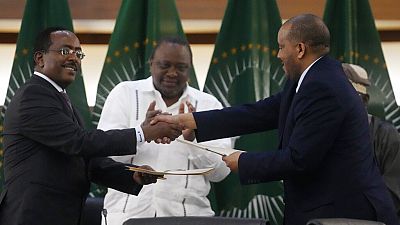

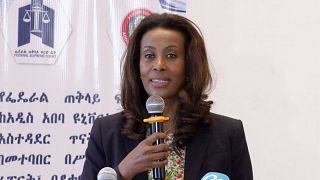
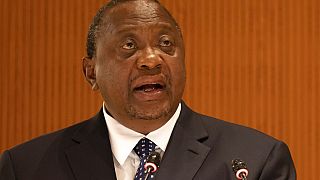
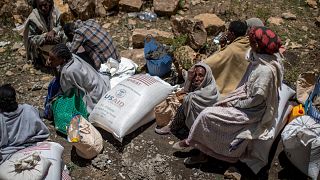
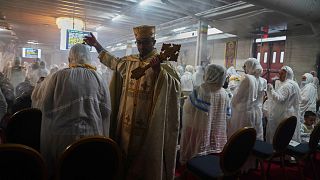
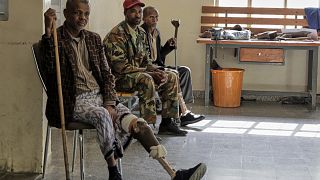



00:47
Ghana: President Mahama suspends Chief Justice Gertrude Torkornoo
Go to video
Police rescue 33 West Africans from a human trafficking scam in Ivory Coast
Go to video
Pope Francis' funeral scheduled Saturday April 26
Go to video
Ethiopians mark Easter with calls for peace and love amid ongoing conflict
Go to video
Al-Qaida-linked militants attack a strategic town in Somalia
Go to video
Trump administration threatens Harvard over foreign student visas and protest ties